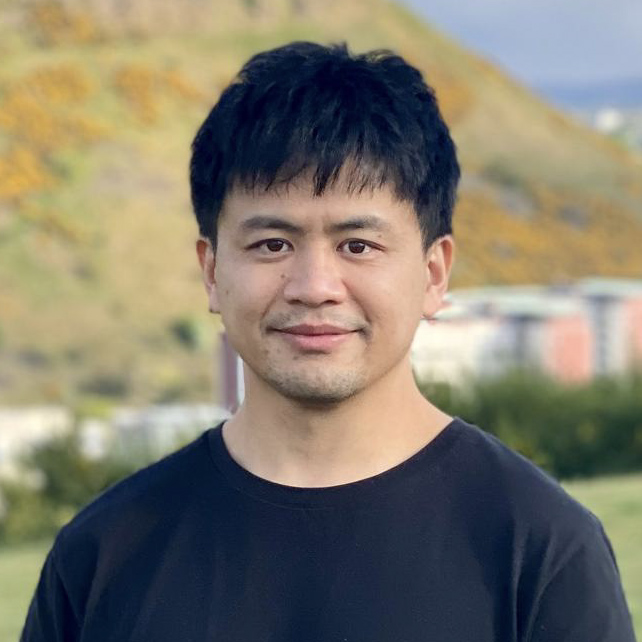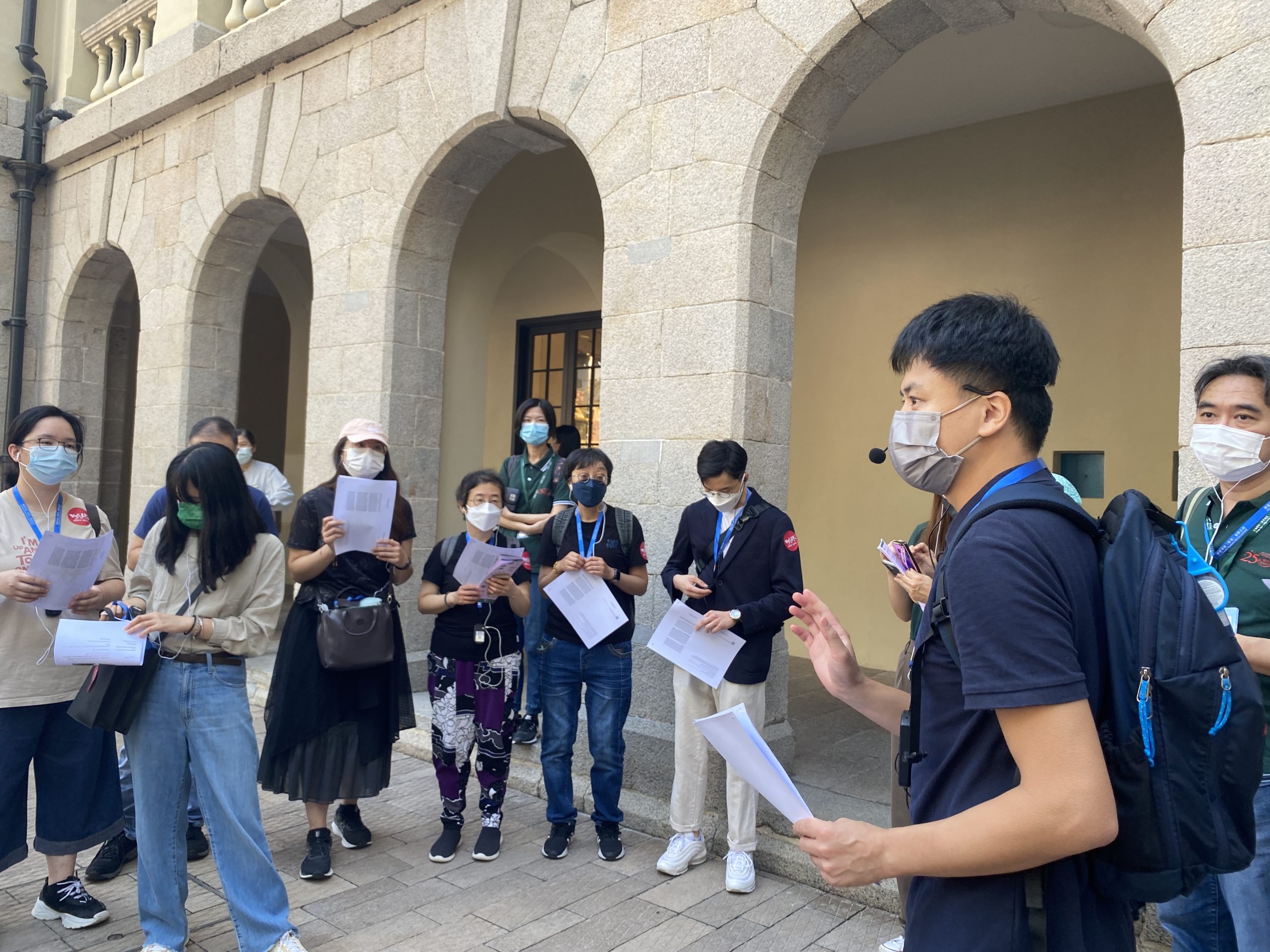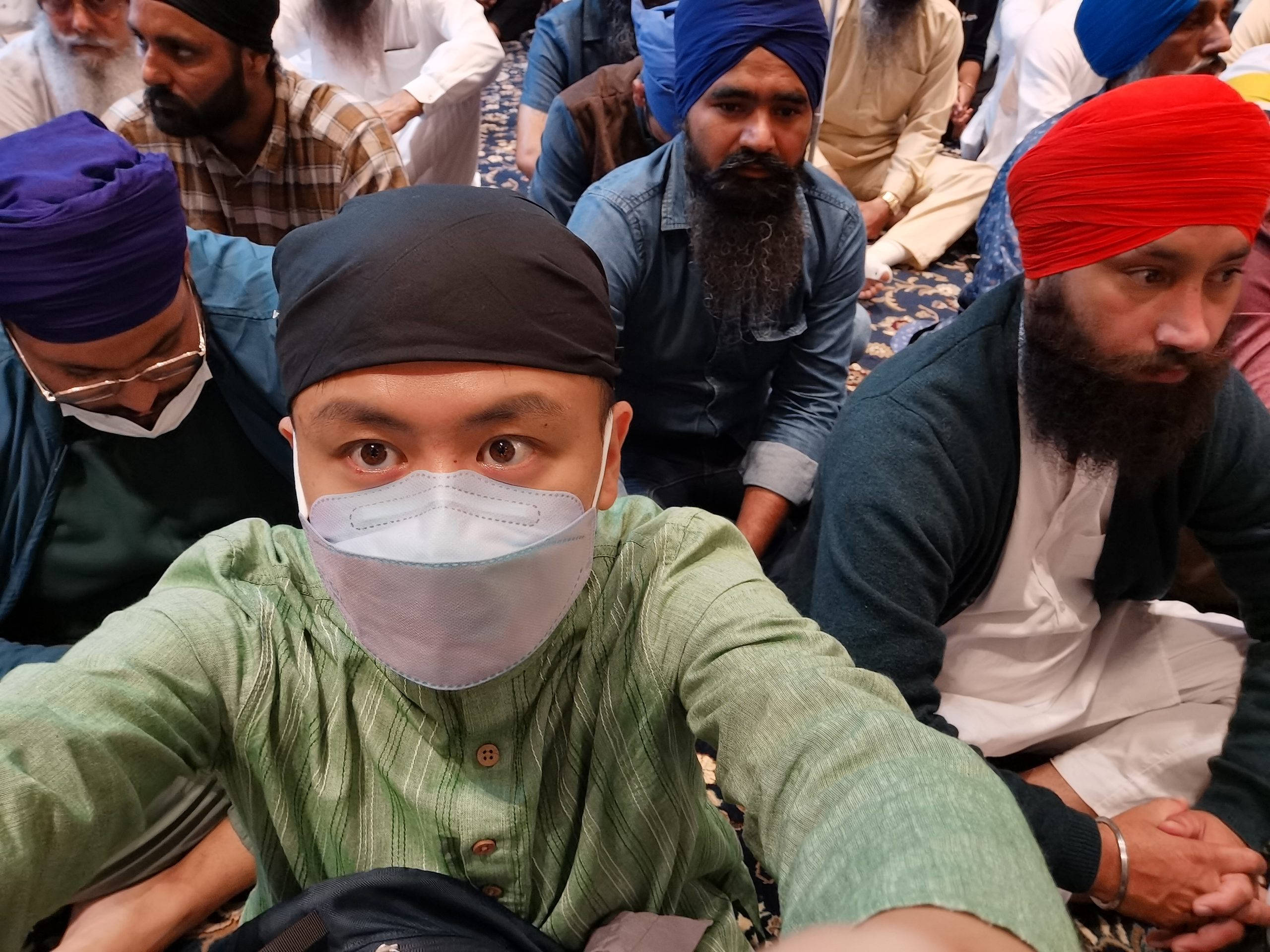
Cheuk Ka Kin
-
Job TitleLecturer (Assistant Professor) in Anthropology, Department of Archaeology, University of Southampton, UK.
Why did you choose Anthropology at CUHK Faculty of Arts?
I grew up in Hong Kong in the 1980s and 1990s. Like many Hong Kongers during that time, I had not heard of the word ‘anthropology’. Nor did I know there is an anthropology department at CUHK. When I was a secondary school student, I studied in the science stream and did quite well in my study. As I remember, in my school it was very rare for science students to choose humanities subjects when they applied for undergraduate admission. Interestingly, almost all teachers and fellow students considered my choice of anthropology as ‘a change of subject’ because there was a very bifurcated view on humanities and sciences. But when I was young, I read many books that connect––rather than divide––the study of language, history, geography, economics, and many other fields. It somewhat inspired me to constantly question that bifurcated view. Indeed, this hobby of reading taught me fascinating stories about how the world has been connected despite all the differences and diversities. I later realized that I could study all kinds of topics not as a leisure activity but as a serious academic pursuit if I chose anthropology. To borrow words from the late Professor Marcus Banks, my DPhil co-supervisor at the University of Oxford, “There is nothing you can’t study as an anthropologist!” I did not hesitate to choose anthropology as my first choice when I applied to study at CUHK. I was very lucky to be admitted to their anthropology programmes––first as an undergraduate and later as an MPhil research student.
What did you enjoy most at CUHK when studying Anthropology?
What I enjoyed the most was the small class size of the programme. CUHK anthropology is unique as only around 20 undergraduate students are admitted annually. The class size is small when compared with many other CUHK programmes. The small class size was a blessing as I was able to maintain close contact with my cohort. In some ways, it’s quite similar to the small group tutorial teaching that colleges in Oxford and Cambridge are proud of! In the department, students always worked together on field trips, group research projects, curating exhibitions, activities we organized as committee members of the anthropology student society, and college and university sports competitions. These experiences enabled us to cultivate lifelong friendships, and we have learned so much from each other over the years.
I also managed to get to know cohorts from other study years and many alumni of the programme. Indeed, we are so small in number in total, so it is difficult to not know everyone. While now working in different sectors and even in different countries, we continue to meet and keep in touch. In fact, their engagements with various industries, particularly museum management, heritage preservation, social work, journalism, marketing and consultancy, business and finance, and education, are always an inspiration and, more importantly, a crucial reminder to me––as one of the few Hong Kong anthropologists working in the higher education––that anthropological knowledge production could––and should––contribute to the real world.

Can you tell us your most valuable memories of studying Anthropology?
The most valuable memories of studying anthropology are from my long-term ethnographic engagement with the Sikh community in Hong Kong. I still remember vividly the first time when I visited the Sikh Temple in Wan Chai in September 2005––when I was about to develop a final-year project for my undergraduate degree. That was the beginning of a 17-year ethnographic exploration of the Sikh diaspora in Hong Kong, leading me to meet and maintain connections with many Sikhs not only in Hong Kong, but also in India, Canada, U.S, U.K., and many other countries! I continue to visit my Sikh friends around the world and conduct follow-up fieldwork in the Sikh Temple whenever I am in Hong Kong. It enables me to document the latest changes in the local Sikh community, allowing me to update my ethnographic writings on the Sikh diaspora in Hong Kong and their global networks. I look forward to publishing this long-term work as a monograph in the near future.

What is your current role, where is it and what brought you to it?
I am currently a Lecturer (equivalent to a tenured Assistant Professor in Hong Kong) in Anthropology in the Department of Archaeology at the University of Southampton. Prior to this appointment, I was an Assistant Professor in Anthropology in the Department of Chinese and History at the City University of Hong Kong, and held postdoctoral fellowships in the Chao Center for Asian Studies at Rice University, Center for Global Asia at NYU Shanghai, and Institute for Area Studies at Leiden University. My ongoing research on Indian diasporic connections in Asia, especially those in Hong Kong, mainland China, India, and the Middle East, and my long-term ethnographic engagement with the Sikh diaspora in Hong Kong and Indian traders in southeast China––I believe––brought me to all these places where my expertise can be applied in interdisciplinary research and teaching in Chinese studies, Asian studies, Hong Kong studies, migration studies, as well as history and anthropology.
How your education prepared you for your career?
During my time at CUHK, I was lucky to work closely with amazing professors, lecturers, and graduate students. They exemplified how to do well in academia. To name a few: the late Professor Tracey Lie-Dan Lu, who was the only archaeologist in the CUHK anthropology department for a long time, had deeply influenced me. While trained as an archaeologist, Professor Lu also had done very solid ethnographic research on cultural heritage and museums in Hong Kong and mainland China. She enthusiastically helped me to get internship experience in archaeological and heritage research in the Antiquities and Monument Office and the Hong Kong Museum of History. Professor Lu’s commitment to interdisciplinary teaching, research, and public engagement was truly inspiring. It helps me greatly in my current role as an anthropologist working in an interdisciplinary team at Southampton, with many of my colleagues and students as archaeologists. Professor Tan Chee-Beng, who chaired the department when I was a student there, supervised my undergraduate and MPhil dissertations on the Sikhs in Hong Kong. Professor Tan’s work on Chinese overseas and transnationalism has deeply shaped my anthropological thinking on South Asian migration and diaspora, enabling me to further develop these interests in my doctoral and postdoctoral research. I also have learned so much from his vision of making anthropology less Western-centric. For the last few decades, he has mentored many Asian scholars to get their work published in international journals, with a strong belief that it is important to get the Asian voice heard in the wider world of anthropology. Such a vision has cemented my current thinking and practice in decolonizing anthropology, boosting my confidence in my current role as an Asian anthropologist teaching in a Western institution.
Where do you see yourself in the future?
While continuing my research on Indian traders in China and on the Sikh diaspora in Hong Kong, I have started a new research project on the flower industries in China and Scotland and their implications for global environmental ethics. In recent years, I have also been writing a lot on digital ethnographic research methods and virtual field trips, exploring how the COVID-19 pandemic has created new opportunities for decolonizing research, teaching, and public engagement.
Moreover, I know that CUHK and the University of Southampton are both members of The Worldwide Universities Network (WUN). As a lecturer in Southampton and CUHK alumni, I look forward to contributing to research and teaching collaborations between the two universities through WUN and other platforms.
What advice would you give to our current/prospective students?
I encourage current and prospective students to find out their learning and research interests in anthropology as early as possible. Anthropological knowledge production necessitates long-term ethnographic fieldwork. So, it’d be very useful if students can identify their ethnographic field sites in the early phase of their study and continue to work on it for many years to come. I also encourage more students of diverse ethnic backgrounds, particularly Hong Kongers with South Asian heritage, to study anthropology. It’ll certainly bring us fresh thinking about anthropology of Hong Kong and its global connections.

